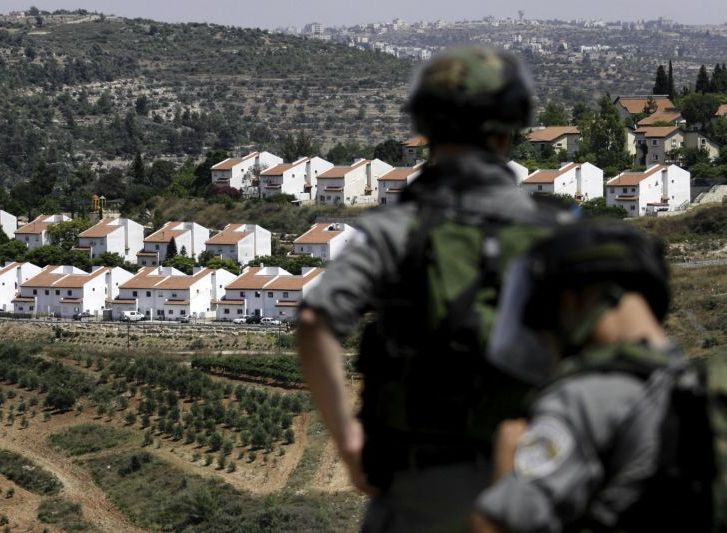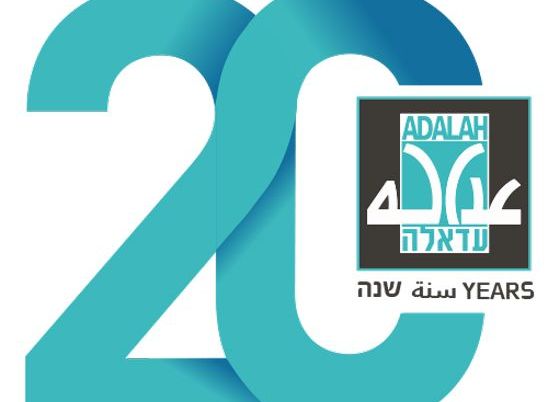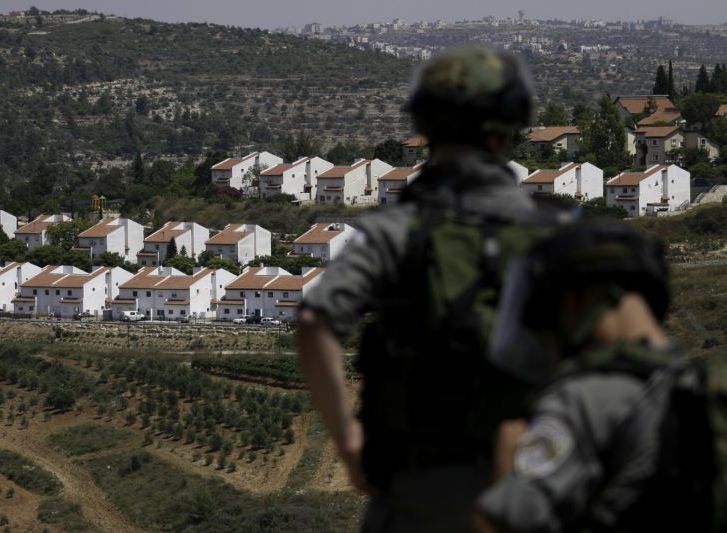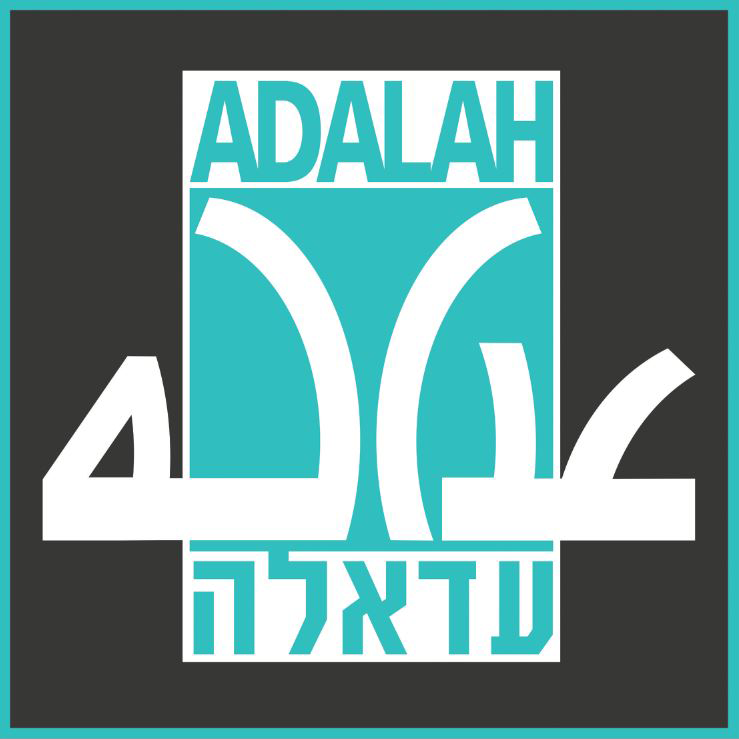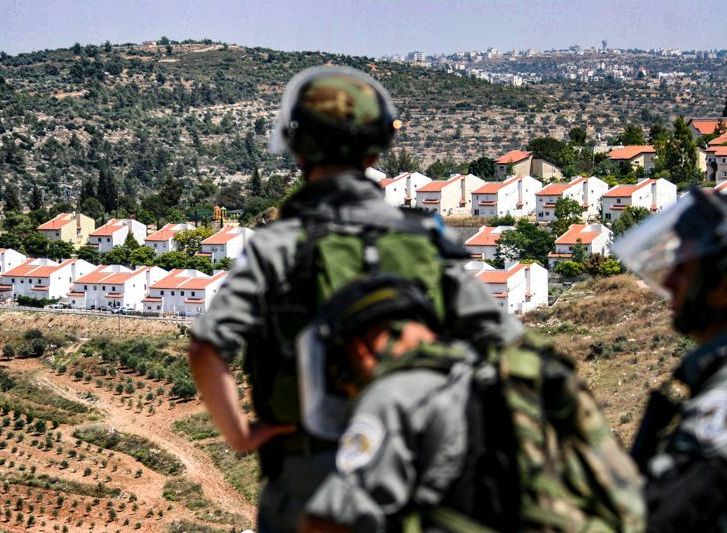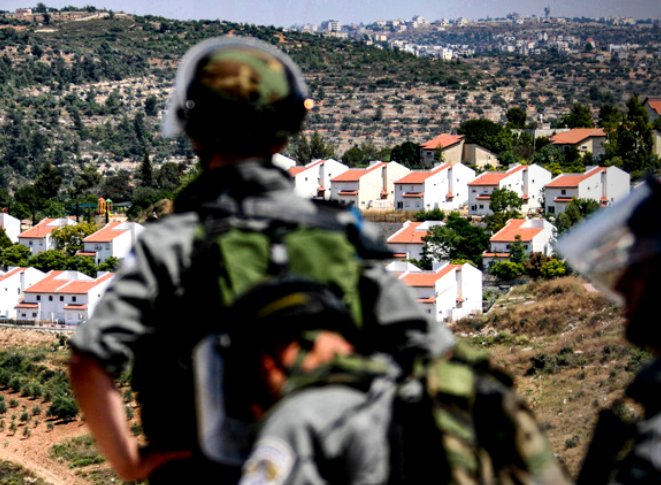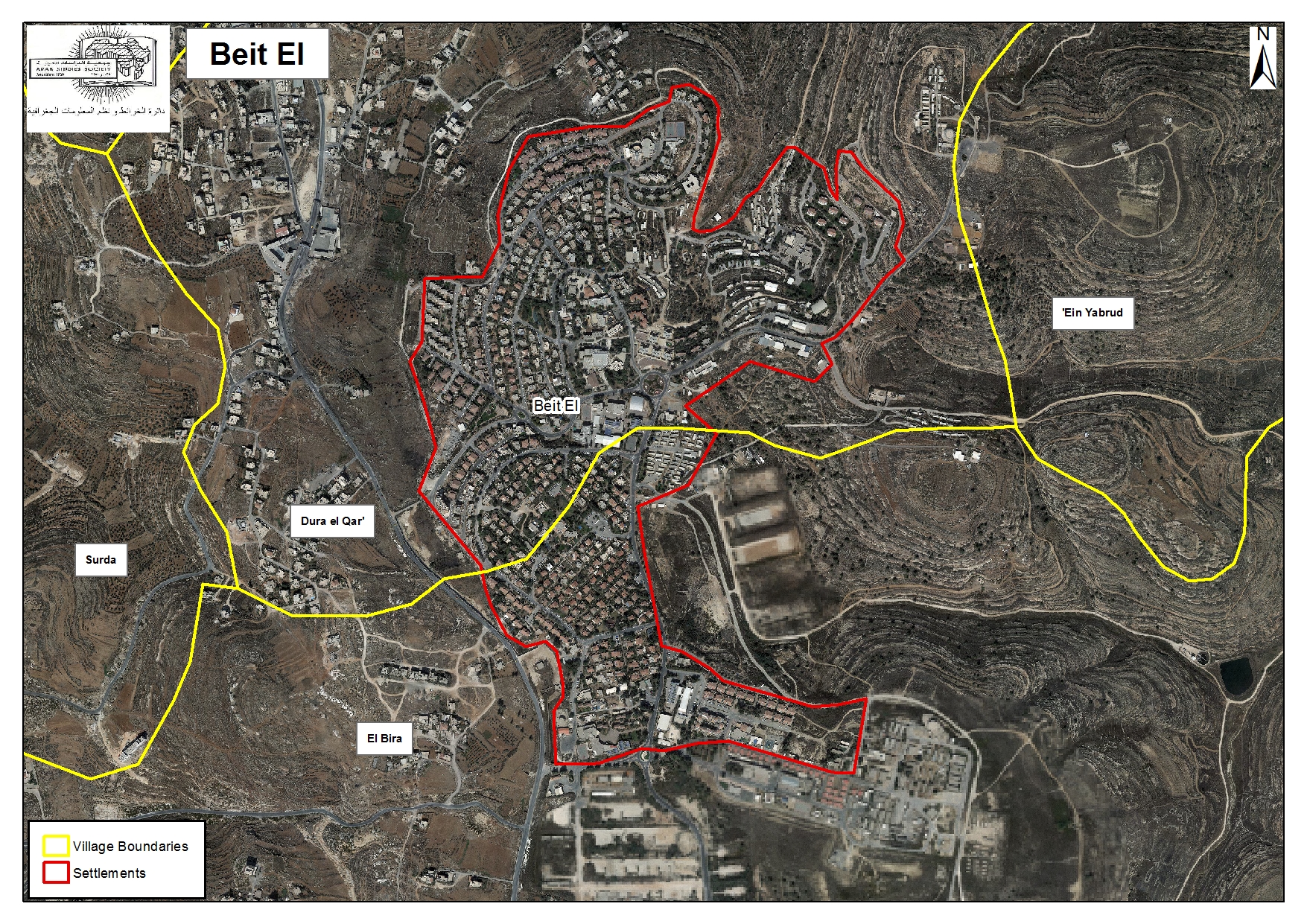17 West Bank Palestinian municipalities, 3 human rights groups petition Supreme Court against Settlements Law
Seventeen Palestinian municipalities and three human rights organizations from the West Bank, Israel, and Gaza Strip jointly petitioned the Israeli Supreme Court on 8 February 2017 to cancel the highly controversial Settlement Regularization Law on the grounds that it violates international humanitarian law and is unconstitutional.
[CLICK HERE to read Adalah’s English translation of the law]
[CLICK HERE to read Adalah’s English transation of the petition]
The petition was filed by Attorneys Suhad Bishara and Mysanna Morany of Adalah – The Legal Center for Arab Minority Rights in Israel and Attorney Shaheen Suleiman of the Jerusalem Legal Aid Center (JLAC) on behalf of the local Palestinian authorities (15 rural councils and two municipalities). The Al Mezan Center for Human Rights in Gaza also joined the case as a petitioner.
The law aims to retroactively “legalize”, under Israeli law, settlement outposts, which have been built on private Palestinian land. The petitioners, as well as the entire international community, view all of the settlements and the outposts as illegal as they are established on occupied Palestinian territory. In the run-up to the passage of the law, the European Union, several EU member states, and the United Nations strongly condemned the law, and Israel’s own attorney general stated that he would not defend it in court.
In addition to seeking the law’s cancellation, the petitioners also asked the Supreme Court to issue an injunction against the implementation of The Law Regulating Settlement in Judea and Samaria – 2017, which was approved by the Knesset two days earlier, until the court issues a judgment on the case.
Supreme Court Justice Hendel ordered the state to respond to the petition within 30 days.
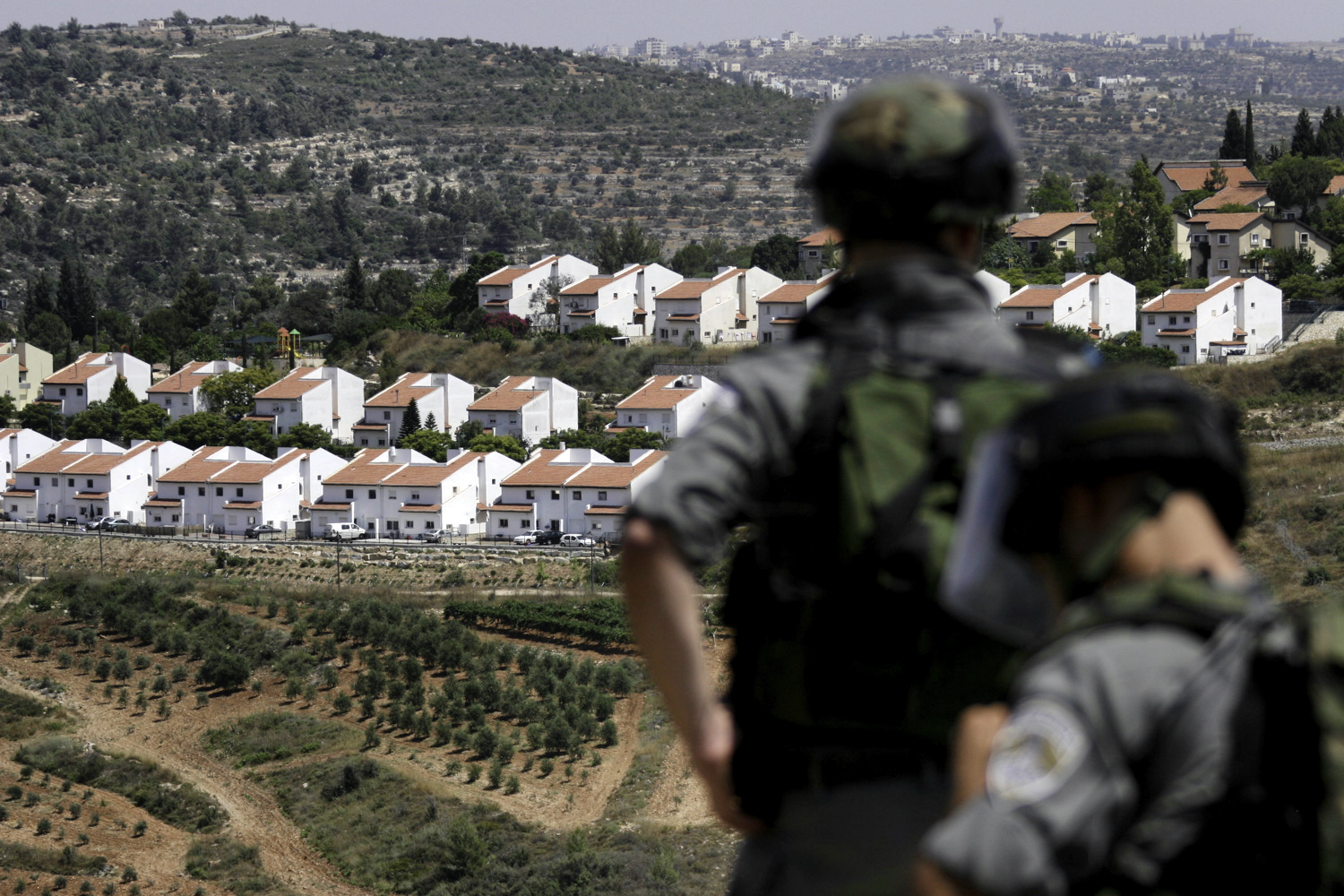
Israeli troops look out towards an Israeli settlement in the West Bank. (Photo by Mati Milstein)
The law sets out a new process to legalize about half of Israel's settlement outposts, as well as about 3,000 additional homes built illegally in settlements recognized as legal by Israel. Palestinian landowners can receive financial compensation or alternative land, however this law authorizes a further massive land theft of private Palestinian land by the Israeli government.
The petitioners argued that the new law gravely violates the property rights of Palestinian residents of the West Bank.
“This law renders the fundamental rights of Palestinian residents of the West Bank worthless, as they have no legal protection. It allows for the expropriation of their private property for the benefit of Israeli settlers in the West Bank, based on ethnic-ideological grounds,” the petitioners wrote. “The clear, explicit purpose of the law is to favor the interests of one group based upon their ethnicity, resulting in the dispossession of the Palestinians.” This land grab, purely for ethnic-ideological reasons, amounts to “domination” by one group over another group, which is strictly prohibited under international law, including the Rome Statute of the International Criminal Court.
The petitioners further contend that the law is invalid because it contradicts the norms of international humanitarian law.
“The law in question completely negates the protections provided by international humanitarian law to concerning the right to property of Palestinian residents of the West Bank. It does so via legislation that violates the rights of the protected civilian population inhabiting Israel’s occupied territories. International humanitarian law prohibits the State of Israel, as the occupying power, to take advantage of occupied territory for the political and civilian needs of its citizens, including the construction of settlements.”
The petitioners further argued that the law violates the dignity of Palestinian residents of the West Bank.
“The law not only harms the private property of Palestinians, but is also intended to impinge upon their right to dignity by clarifying – without hesitation – that the interests of the settlements and the Israeli Jewish settlers in the West Bank take priority over the rights of Palestinians and therefore is permitted to dispossess [Palestinians from their property].”
The petitioners also provided with the case aerial photographs of settlements situated on land belonging to local West Bank Palestinian authorities, noting the law’s authors detailed a list of settlements that would benefit from the expropriation of private Palestinian lands in accordance with the new law.
Aerial photograph of the Israeli settlement of Beit El illustrating the borders of the Palestinian municipalities within which it has been constructed. (Photo courtesy of Arab Studies Society)
“The law’s authors already knew that this preliminary list includes settlements in which construction is situated on private lands and that there are people who are seeking the return of their property rights to their lands.”
There are around 120 settlements in the occupied West Bank, including East Jerusalem that are recognized as legal by Israel, and about 100 “outposts” that the government has accepted over the years. Approximately 600,000 Israeli Jewish settlers live in these occupied areas. Some 2.91 million Palestinians live in the West Bank, including East Jerusalem, as of mid-2016.
READ: Adalah’s English translation of the law
READ: Adalah’s English translation of the petition
READ: The joint petition [Hebrew]
READ: The Supreme Court's response [Hebrew]











